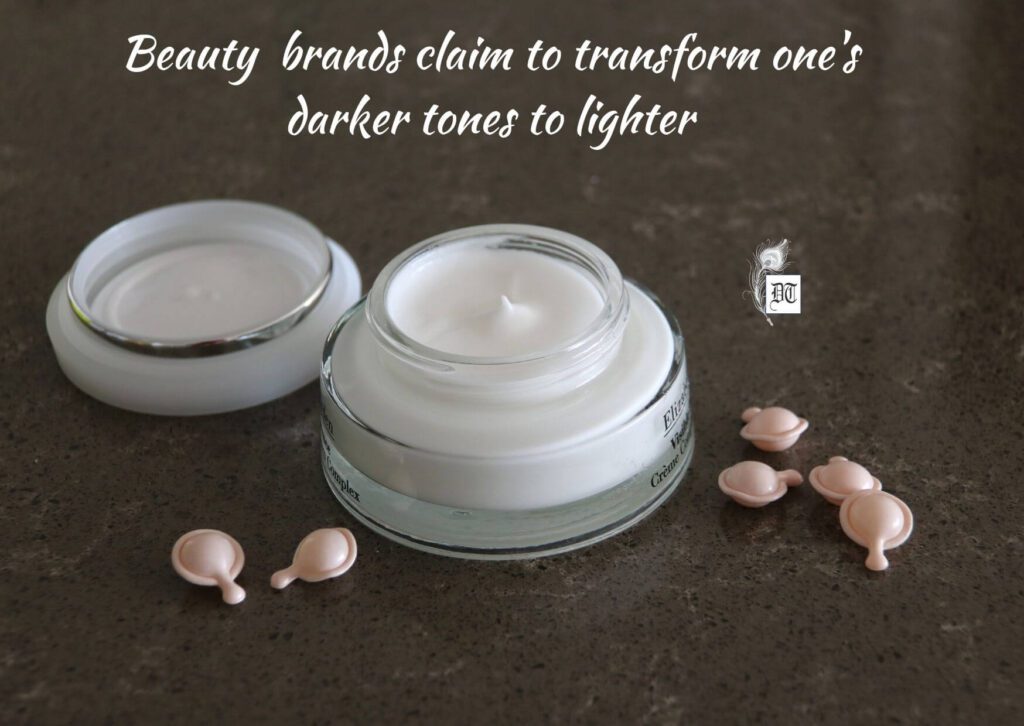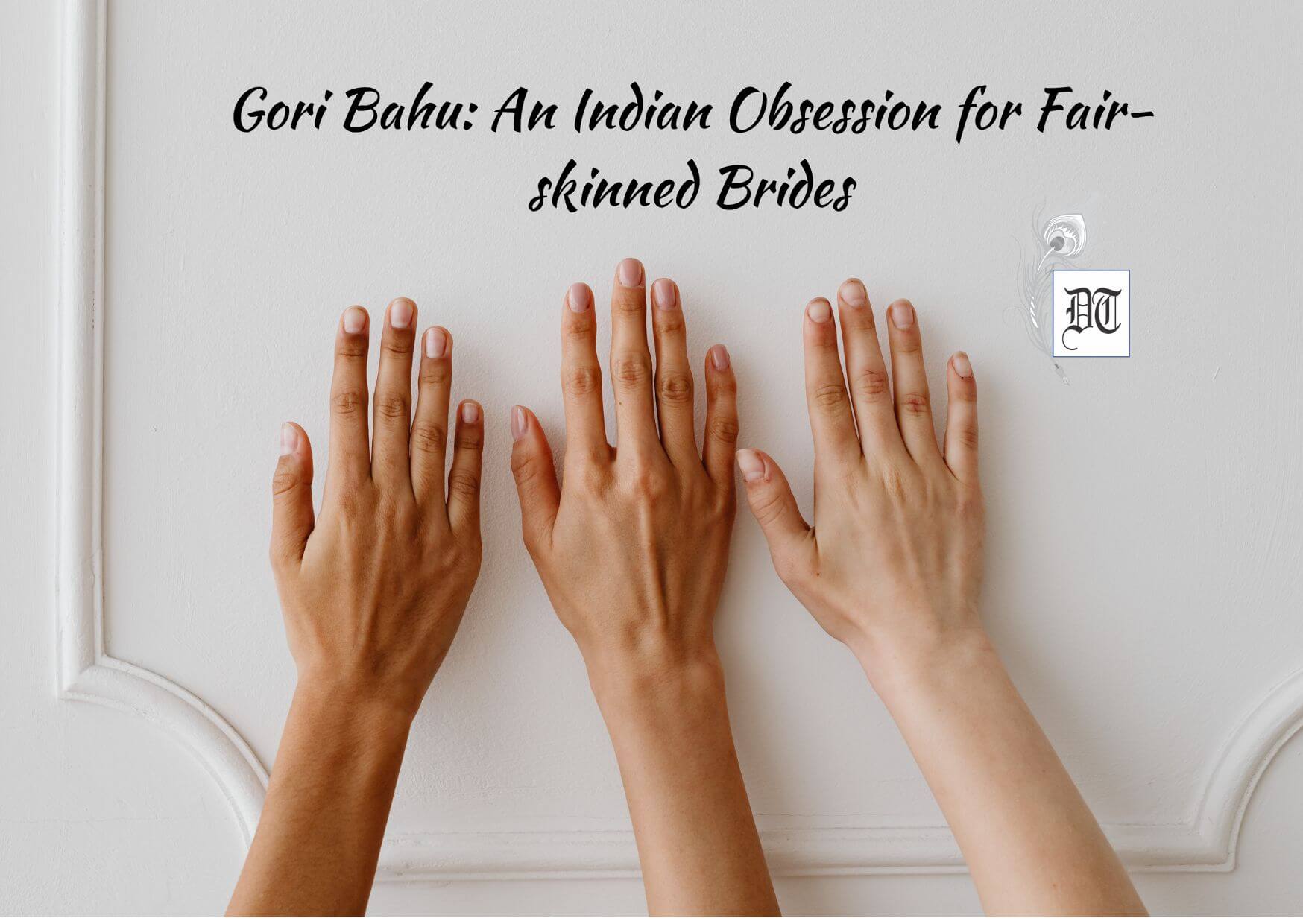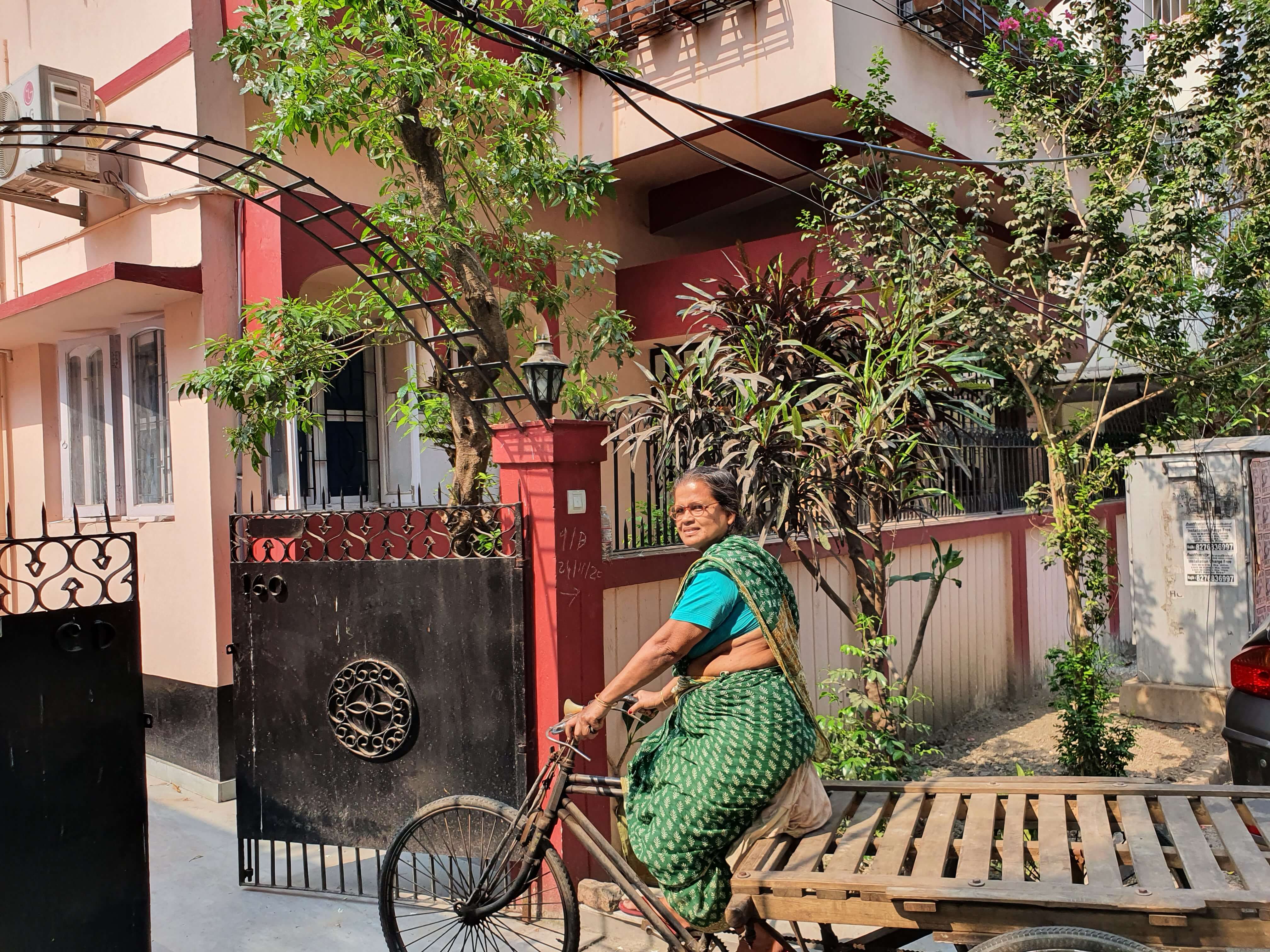Reading Time: 3 minutes
Fair skinned brides are an archetype of the Indian society. Everyone wants a Gori Bahu (fair daughter-in-law). From trophy wives to the beauty industry, fairness creams and soaps dominate with a large market share. Nikita analyses why this obsession with light coloured skin in our country, in the weekly column, exclusively in Different Truths.
India is the fastest growing economy in the world. We have a come a long, long way in breaking age-old stereotypes and becoming open-minded individuals. When it comes to marriages though, a majority of Indians would still consider a fair-skinned girl as a bride for their sons than a dark skinned girl. This is more evident in highly educated and well to do families quite contradictorily.
Newspaper ads that come in the matrimonial section are full of people looking for fair and beautiful brides. “Looking for a fair, tall, slim, beautiful, educated, and homely girl for tall MBA boy, running his own business.” These kinds of advertisements should be banned. Relatives and friends come with a multitude of solutions for dark skin such as dahi besan and rosewater. Dark skin is treated like a disease in India. The worst of all is the belief that a fair-skinned bride would beget fair-skinned children.
The worst of all is the belief that a fair-skinned bride would beget fair-skinned children.
The Bollywood songs have described beautiful women as “gori” (fair skinned) for decades. Fair & Lovely and other brands, which claim to transform one’s darker tones to lighter, have a massive role to play in aggravating this dark reality of our country. The Indian fairness cream industry is worth around $450m. Fair & Lovely, marketed by the consumer goods behemoth Hindustan Unilever, has more than a 50 per cent share of the market. Similarly, fairness soaps, including face wash, for men and women, have a large market share too.


In South Asia, skin-lightening creams are more popular than Coca-Cola. These markets are massive and they do not care as long as they are making profits. A rival company of Fair & Lovely came up with a fairness cream for Men called, Fair & Handsome.
India’s obsession with fairness can be traced back to the times when Britishers ruled our country. When Britishers ruled the world, they propagated the belief that indigenous societies did not need an explanation for European colonialism for it was simply “understood” that White people had an obligation to rule and take over indigenous societies. Centuries ago, people were led to believe that White is equivalent to purity, divinity, and godliness. Those were the days when people also believed in Earth being a flat object and anyone who would not agree could be hanged. If we have come so far from believing anything we have been told, why are we still holding onto this obsession with fairer skin?
In the West, women tan themselves to have darker skin, which is the complete opposite of what Indians do.
In the West, women tan themselves to have darker skin, which is the complete opposite of what Indians do. However, there is a difference between these women. Western women have not been told that they have to be dark to be considered beautiful. It is an independent choice of the women to tan them.
Beauty cannot be universalised. Indian obsession with a fairer skin is evident that we are still colonised by English. Our minds continue to be slaves to the Whites.
We fit in the words by Paulo Fiere, “The oppressed want at any cost to resemble the oppressors.”
Picture design Anumita Roy, Different Truths
















